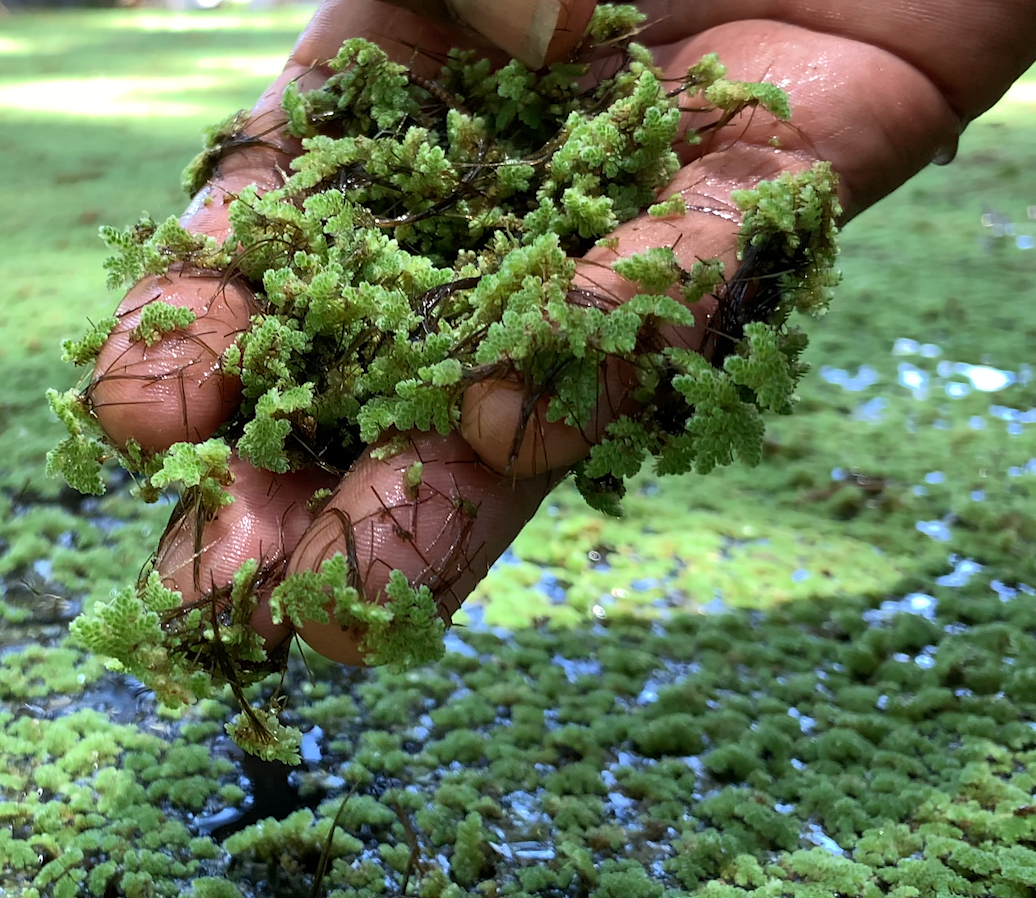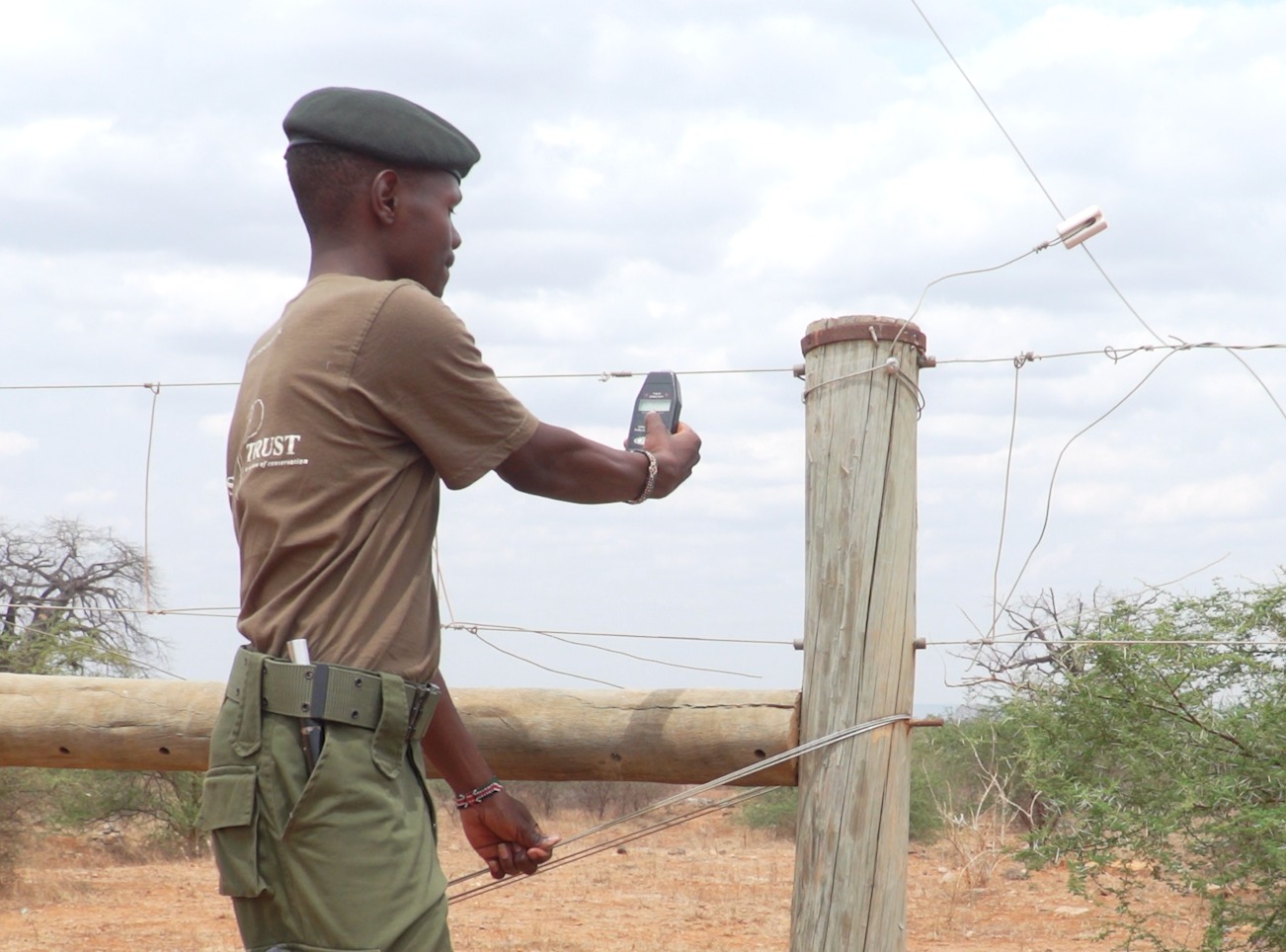
Kenya: Should government reveal COVID-19 identities or not?

A debate is ensuing in Kenya over whether the government should provide details of the persons infected with COVID-19.
The East African country has so far reported seven cases with no deaths, but remains vigilant in a bid to contain the spread of the disease. The government has so far kept the identities of the seven people secret.
On Wednesday, a senator from the Western region issued an official statement urging the government to publish the names of those infected in a bid to help others better protect themselves.
“Making the identities public, will help those who have associated with them for the past one to two weeks to quickly take measures and go for diagnosis to find out whether they have also contracted the virus of not,” Bungoma Senator Moses Wetangula said in the statement.
The statement sparked mixed reaction online, as some Kenyans supported the calls while others opposed it, saying it may lead to victimization.
The debate comes on the back of a mob attack on a resident of the coastal town of Lamu suspected of being infected by COVID-19.
The attack was condemned by Health Cabinet Secretary Mutahi Kagwe, who warned Kenyans against taking matters into their own hands.
The incident has been a major score point for people against the naming of the COVID-19 patients.
Others of a different opinion however took note of another incident which saw a quarantined COVID-19 patient escape from a government isolation facility. The lady is reported to have then gone ahead to visit restaurants and night clubs, where she is estimated to have come in contact with over 80 people.
On social media, people have been airing their opinions on the matter. Take a look;
Through our ministry of health we would like to know all the details of the Corona virus victim, pictures, name, so that anyone who identifies her and was in contact with her gets tested
— EVE OPOLO (CARTEL) (@EveOpolo) March 14, 2020
https://twitter.com/LabanNganga/status/1240856987576995841?s=20
Stigmatization will be https://t.co/7eztqEbjec need for naming people.
— Victor Peter (@Victorpeter001) March 20, 2020
It depends on the interest of the public. If the citizens really need to know the identities of those affected, then they will have to give them out. However, it might cause more panic, stigmatisation and obviously people who know them will try to avoid them in fear of the virus.
— Uncle Oriwo Samuel Offpage (@OriwoSamuel_KE) March 19, 2020
NO. If an individual chooses to identify themselves that's different. Those infected should retain their right to privacy even as they are isolated or quarantined.
— KirauniLucy (@LucyKirauni) March 19, 2020






